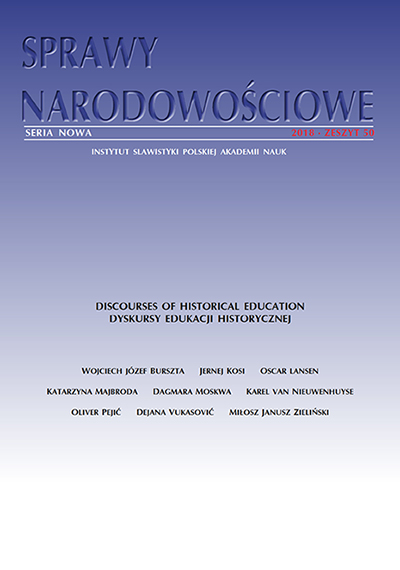Dwa ciała króla i naród polityczny. Kształtowanie się tożsamości chłopskiej w kontekście procesów narodowotwórczych.
The King’s Two Bodies and Political Nation. Formation of Peasants’ identity in the nation-building context.
Author(s): Michał RauszerSubject(s): Government/Political systems, 16th Century, Politics of History/Memory, Politics and Identity
Published by: Instytut Slawistyki Polskiej Akademii Nauk
Keywords: memory; identity; nation; peasants;
Summary/Abstract: In the 16th century, the political system based on the grangeserfdom economy and early modern elective monarchy was formed in Poland. One of the consequences of this process was an expulsion of the peasants outside of the society. The other one led to the formation of a political nation (a Pole) defined by his attitude towards king, freedom and noble democracy. Therefore, the peasants had no right to be a part of so understood “Polish” nation. The process of peasants inclusion into the tissue of the nation did not start until the late 19th century. In my article, I examine how the Polish nation developed in the context of the political theory of the king’s two bodies (Ernest Kantorowicz). Furthermore, I analyze the peasants’ attitude to the issue of a nation in the context of social changes of that period.
Journal: Sprawy Narodowościowe
- Issue Year: 2018
- Issue No: 50
- Page Range: 1-12
- Page Count: 12
- Language: Polish

